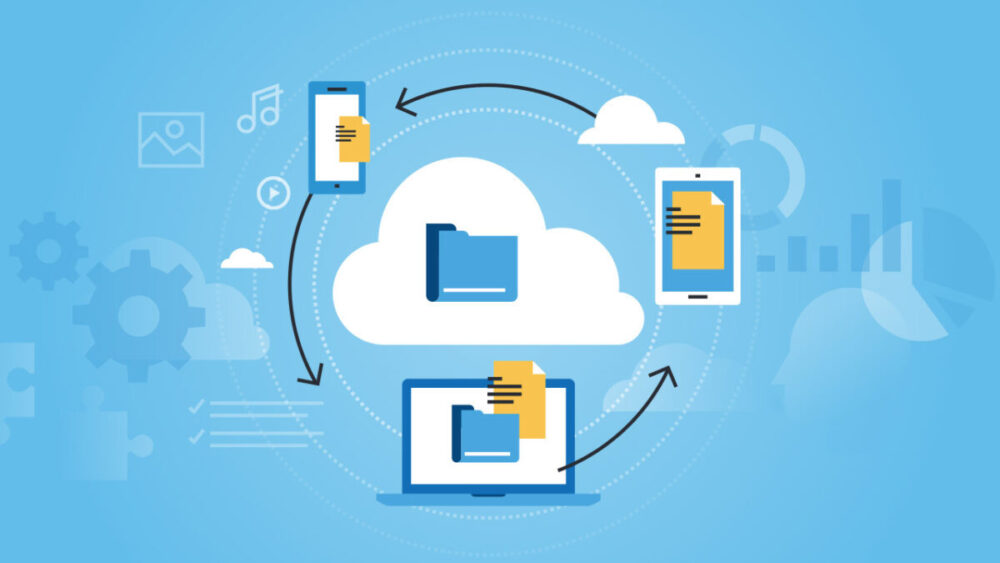
Modern businesses depend on technology to store and manage their data. With increasing cyber threats, companies must keep their sensitive information safe and secure. One solution to this problem is using virtual data room providers. They offer tight data protection and organized storage space.
What Are Virtual Data Rooms?
Virtual data rooms (VDRs) are secure online spaces for storing confidential data and files. Organizations use VDRs for financial transactions and third-party dealings. VDRs are cloud-based storage services allowing private information sharing with partners and clients. They use strong encryption methods to promote reliability and security.
What Are Some Uses of Virtual Data Rooms?

M&A due diligence
Virtual data rooms (VDRs) perform M&A due diligence by both parties. When companies merge or acquire other businesses, much research is done. The research includes reviewing numerous documents. For companies considering a purchase offer, it can be intimidating to share sensitive data. With a purpose-built VDR, companies can share confidential data. If a deal falls through, access to the data room can be revoked.
Fundraising
When fundraising for a business, whether a startup or a larger enterprise, sharing data and documents with investors is necessary. This can be daunting, especially during the due diligence investigation. By using a VDR provider, both the leadership teams of the business and the investors can have better control and oversight on the exchange of sensitive information. This can make the fundraising process smoother and more secure for everyone involved.
Secure Document Sharing
Virtual data rooms are a secure online platform that allows companies to share confidential documents with external parties. These include investors or service providers, or even employees. With VDRs, companies can streamline the process of sharing documents. It also helps to verify that stringent security measures protect sensitive information. This makes the process quicker and easier.
Board Communication
VDRs keep board members in different regions or countries informed and engaged with a reliable system for sharing information. A business can invest in virtual data room providers to grant access to remote board members as needed. This allows for instant communication and collaboration, regardless of location.
What Are Some Benefits of Virtual Data Rooms?

- Access control: Businesses may use VDR to create custom levels of accessing data. This simplifies the management of access to sensitive data, where many users are concerned, and controls the flow and disclosure of information.
- Efficient collaboration: High-quality VDR provides the necessary tools for productive user collaboration. The data is organized, limiting time spent searching, transferring, and making decisions.
- Monitoring: They allow businesses to monitor user activities through regular reporting. Changes made to any data are documented and tracked. This provides transparency compared to normal cloud storage.
- Ease of use: VDR does not limit users to a specific physical location or device. They offer to work wherever they are.
- Encryption and security: VDRs have multiple security dimensions to combat hacking, intrusion, and other potential threats.
- Storage: VDRs offer more than enough storage capacity to manage large data and multiple active users.

Who Uses Virtual Data Room Providers?
Investment Banking: Investors use VDRs to streamline the deal process. The M&A world requires virtual data rooms to make the complex due process simple, secure, and efficient.
Venture Capital and Private Equity: VDRs allow venture capital and private equity to share financial transactions with numerous parties.
Legal Firms: VDRs secure the shared confidential information with staff, clients, and other parties of interest.
Technology: The technology industry is fueled by constant growth and innovation, which are often accompanied by private intellectual property. VDRs provide the tech world with a safe space and a secure way to share and store documents.
Life sciences: Life science companies such as medical devices, pharma, and biotech partner with other companies to raise funds and license IP. A virtual data room helps them to protect intellectual property. VDRs also facilitate HIPAA regulation compliance, and clinical trials, among others.
It is now easier than ever to set up and invest in secure virtual data room providers with modern VDRs. These providers continue to pioneer and build strong reputations in the virtual data room industry. Contact a VDR provider to learn more about how this innovative data security tool can benefit your business.








